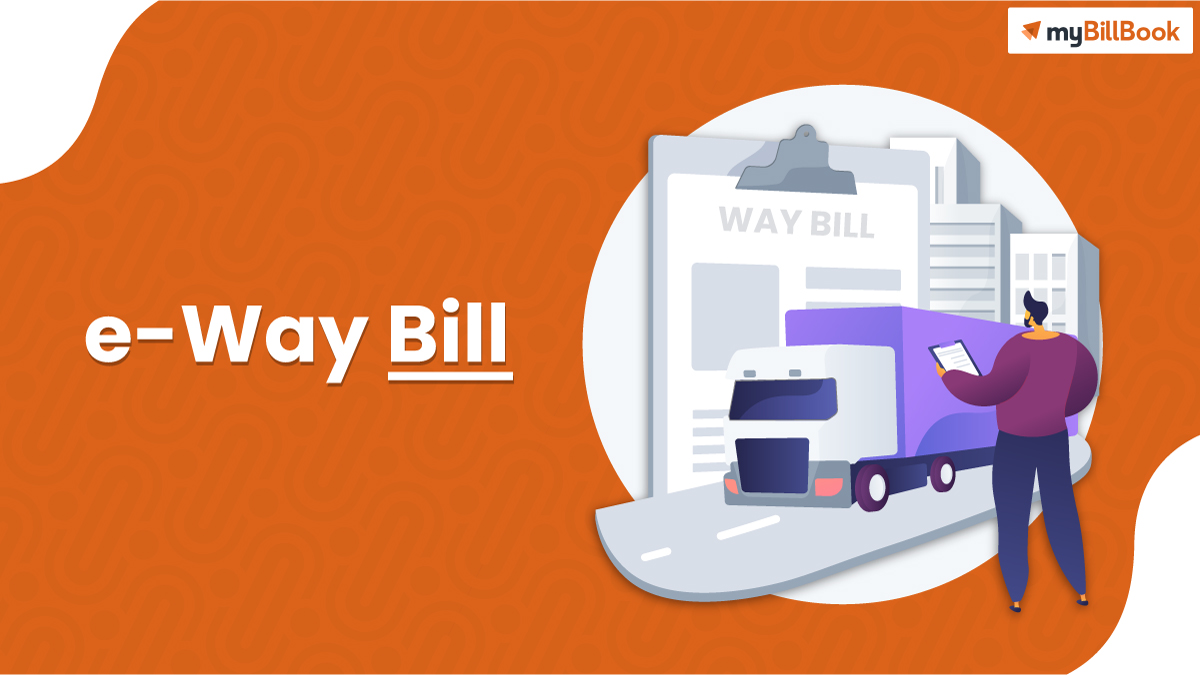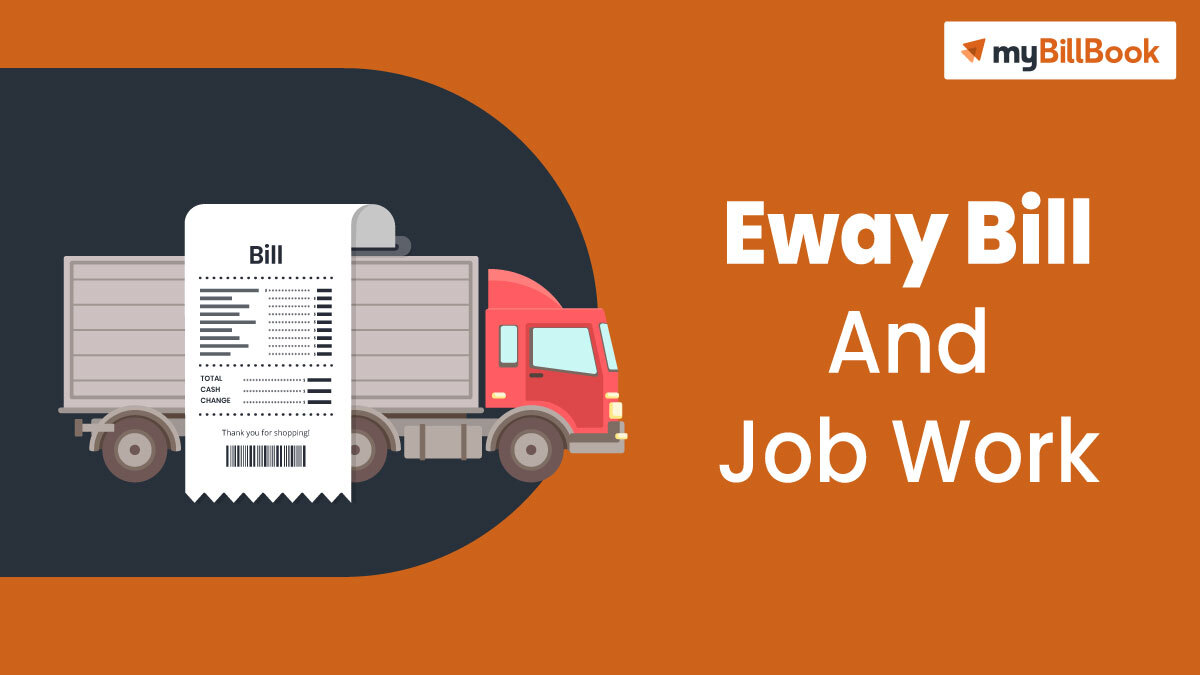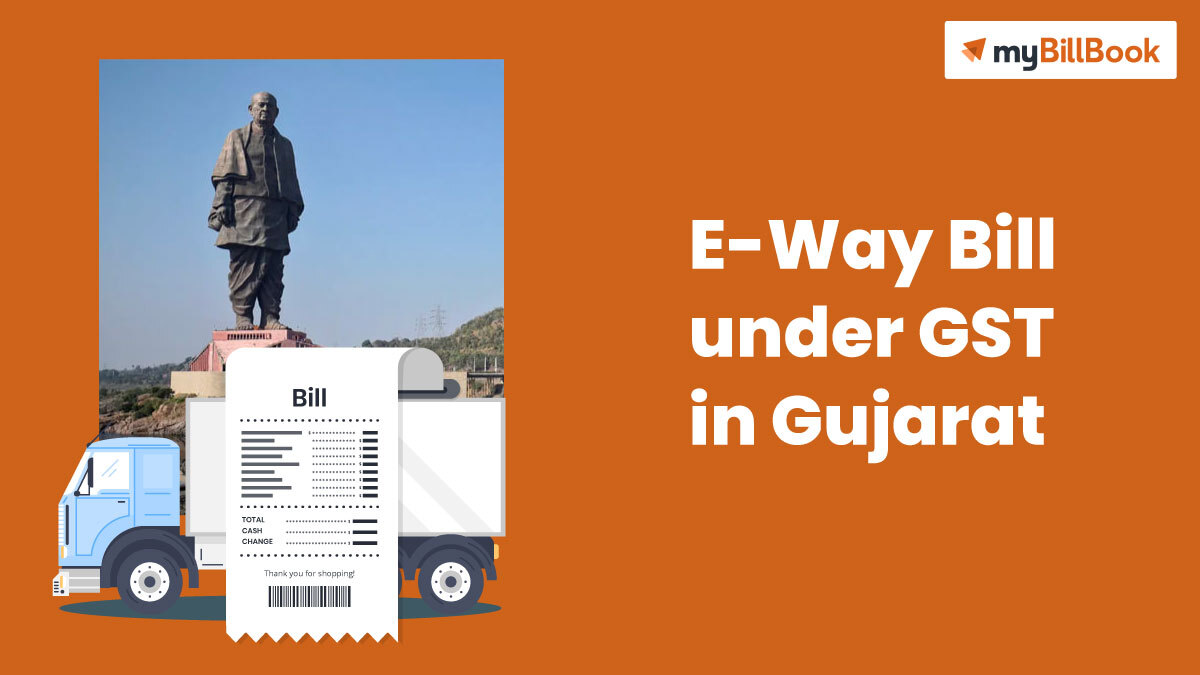A transport bill known as an “e-way bill” is created electronically through an online portal and is used in India to transport goods.
From May 18, trial e-way bills for the intra-state transportation of products inside the state of Punjab may be generated via the e-way bill portal, according to a notice from the excise and taxes department of the Punjab government.
Before officially launching the system, the government advised stakeholders to familiarise themselves with it by creating a test e-way bill through the portal.
Beginning on June 1, 2018, it is necessary for suppliers and transporters moving goods to have a legitimate E-way bill in Punjab.
Latest Updates:
According to the PA/ETC/2018/175 document, dated September 13th, 2018, no EWB is necessary for the intra-state transportation of goods in certain circumstances, and the e-way bill limit in Punjab 2022 is Rs. 1,000,000 for all taxable products.
When E-way Bill is to be generated in Punjab?
The following situations necessitate the creation of an E-way Bill by the party with a GST registration who has goods in transit.
- When moving products worth more than Rs. 50,000 to or from a registered person, an E-way charge is created. Even if the value of the products is under Rs. 50,000, the registered person can still provide an E-way bill.
- It is also necessary for someone who is not registered for GST to produce the E-way bill. The receiver is responsible for making sure that all compliance requirements are completed when an unregistered person supplies goods or services to a registered person.
- If the supplier does not generate an E-way bill, the transporter who is transporting the products by air, rail, or other means must.
What documents are required to generate an E-way bill in Punjab 2022?
- An appropriate bill of supply, invoice or challan for the delivery of goods
- The vehicle identification number or the transporter ID, if a road transport is needed
- For transportation by rail, ship or air, also include transporter ID, documents and timestamp.
Format of the GST e-Way bill in Punjab
There are two components to the E-WAY bill: Part A and Part B. Part A of the consignment process typically collects information from the invoice data. In order to provide the following information, it is necessary to do the following:
- The recipient’s GSTIN must be submitted.
- It is necessary to include the Pin code of the location where the products will be delivered.
- In order to process your payment, you will need the number from the invoice or challan that corresponds to the products you received.
- The value of the consignment must be disclosed.
- It is necessary to submit the HSN code for the transported items.
- If the revenue is up to INR 5 crores, the first two digits of the HSN code should be mentioned.
- If your company’s turnover exceeds INR 5 crores, you will need an HSN number with four digits.
- The requirement for transportation should be identified in advance, and the appropriate explanation should be chosen.
- The transit document number must be mentioned. The ewaybill includes the airway bill number, railway receipt number, and goods receipt number.








